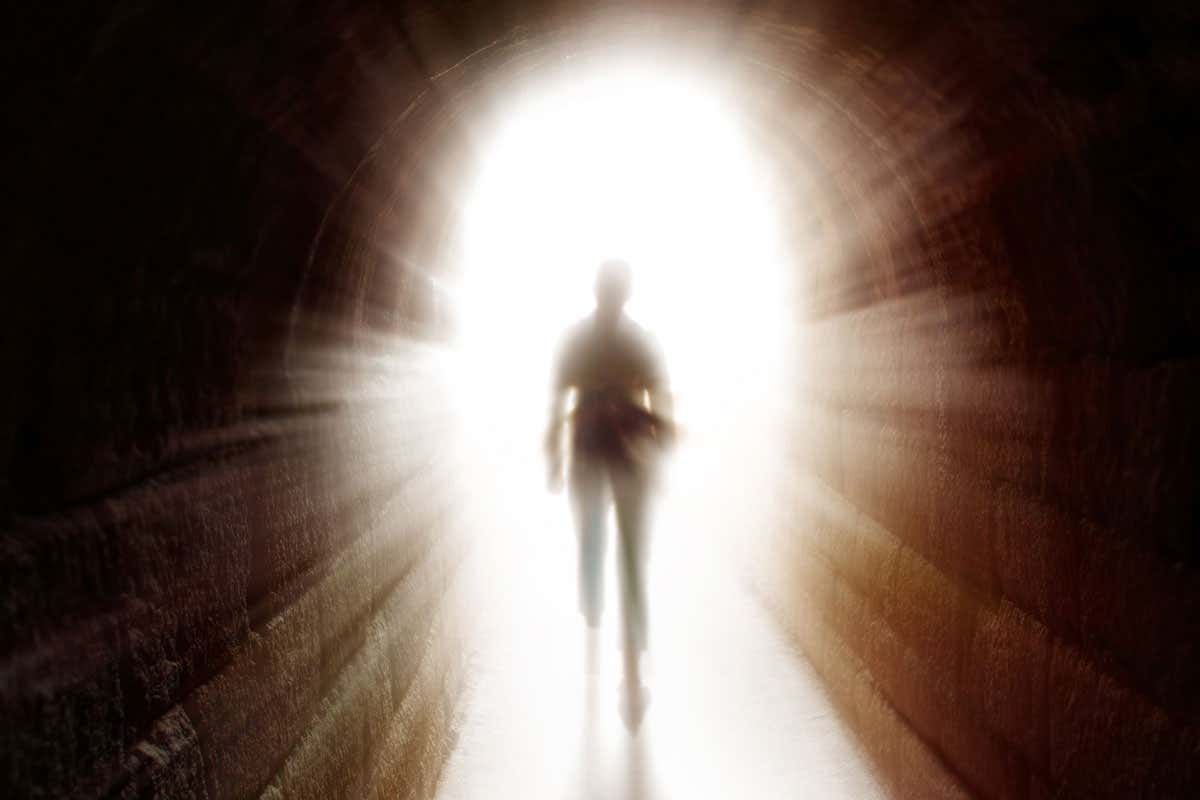Kerby Anderson
Harvard professor Steven Pinker had a simple explanation for why Republicans wanted to reopen the economy. Evangelicals were exerting an influence because they believe in an afterlife, which he said is a “malignant delusion.” It was a bizarre tweet, even for an atheist. Although many have answered his comment, I thought we might revisit it because you are likely to run into similar arguments.
Pinker argued that belief in an afterlife “devalues actual lives and discourages action that would make them longer, safer, and happier.” Actually, just the opposite is the case. Evangelical Christians believe that we are all created in the image of God. He has endowed us with purpose, meaning, and dignity. Christians have historically been a source for good. They believe that what they do in society has eternal consequences.
By contrast, an atheistic view devalues life. If we are merely an evolutionary byproduct, where is human dignity? If we are the accidental result of mass + energy + chance + time, where is any meaning to life? Moreover, why should we even care what another person might think since our brain is just a meat computer with millions of neurons firing? There is no truth. There is no purpose.
The Bible makes moral demands on us. Western civilization is based upon the Ten Commandments and other moral precepts. Civilized people obey these moral laws in order to have a better society. Atheism makes no demands on anyone because it rejects the idea of God and moral laws.
I would argue that the denial of an afterlife is a malignant delusion. If there is no final justice, then wrongs will never be accurately judged. There is no God. There is no justice. There is no fairness. That is the sad, dark world of the atheist.
 Listen Online
Listen Online Watch Online
Watch Online Find a Station in Your Area
Find a Station in Your Area









 Listen Now
Listen Now Watch Online
Watch Online
